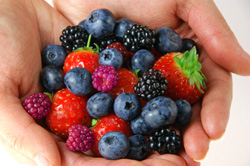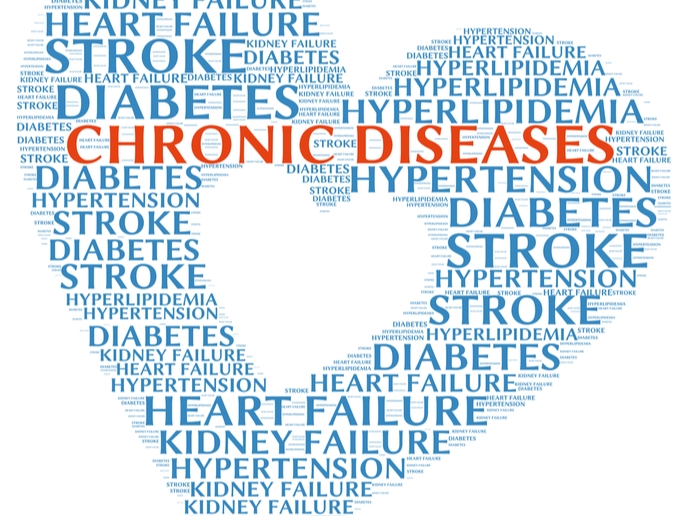Berries for the battle against Alzheimer's disease
AD is the most common age-related neurodegenerative disorder, affecting nearly 1 in 10 individuals over 65 years old. Although the precise mechanism of disease is not understood, epidemiological studies suggest that the consumption of at least three glasses of fruit or vegetable juice per week could halve the risk of developing AD. Scientists of the EU-funded 'Bioactive compounds from blackcurrant processing waste for brain health' (BRAINHEALTHFOOD) study wished to exploit this information and develop foods and juices that may prevent the onset of AD. Through chemistry, metabolomics and neurology, the key objective was to identify and determine the most neuroprotective fractions from blackcurrant-processing extracts. Their research was further backed up by experimental evidence indicating that blackcurrant anthocyanin-rich extract possesses neuroprotective activity by scavenging free radicals such as reactive oxygen species (ROS) production. Additionally, polyphenolics were shown to directly inhibit the accumulation of amyloid beta, the causative factor of the disease. In collaboration with small and medium-sized enterprises (SMEs), several berry and fruit juices as well as dietary supplements were developed that contained different amounts of neuroprotective extracts. Blackcurrant juice extract was also added into drinkable yoghurts without compromising the taste. The major bioactive compounds of blackcurrant were identified and their neuroprotective activity was determined in vitro. Among the ones tested, quercetin and anthocyanins exhibited the highest neuroprotective impact. This was largely due to the protection of the brain against oxidative stress and to key biochemical events implicated in the inflammation observed in AD. When these extracts were fed into mice prone to develop AD, a beneficial effect was observed in line with published clinical reports. To determine the bioavailability and glycaemic responses after consumption of 300 ml of blackcurrant juice enriched with polyphenols, partners performed a randomised clinical trial. They discovered that blackcurrant with polyphenol can modulate blood glucose and insulin levels, one of the major risk factors behind AD development. Given the very few medical ways to delay onset or slow the progression of AD, the BRAINHEALTHFOOD dietary supplements and juices constitute a promising neuroprotective alternative. Prompt release of these food products into the market may improve the dismal statistics of neurodegenerative diseases in the ageing population.







